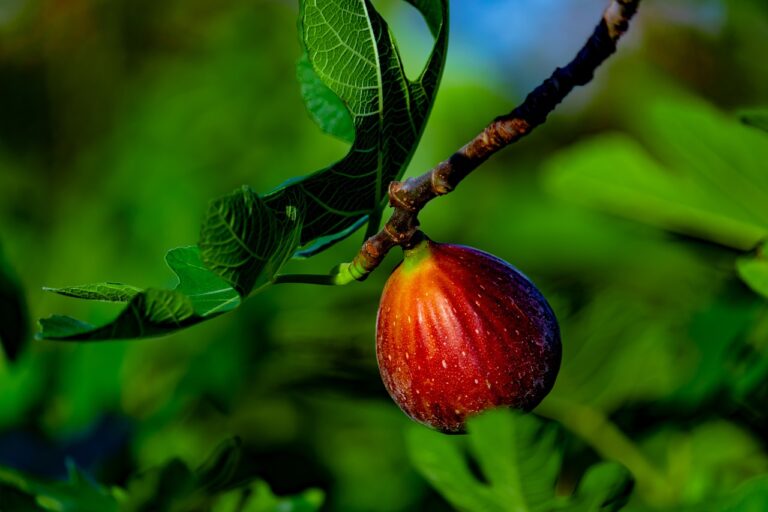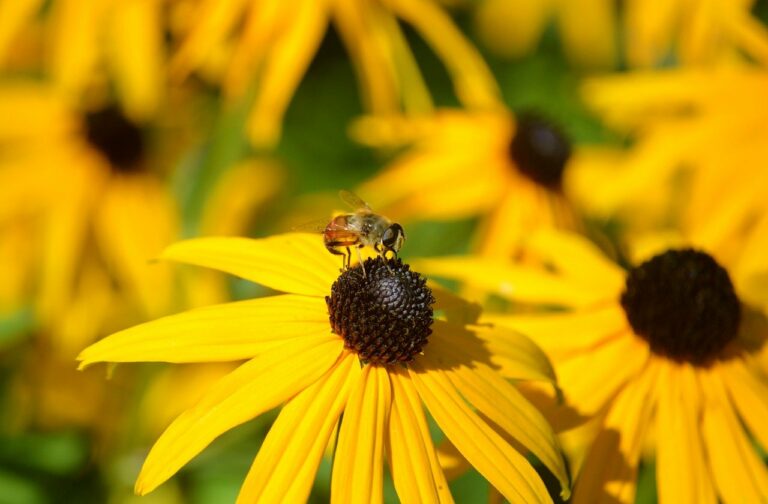The Role of Aquaculture in Supporting Sustainable Development Goals
betbhai 9, playexch, gold365.win login:Aquaculture plays a crucial role in supporting sustainable development goals by providing a source of nutritious food, creating economic opportunities, promoting environmental conservation, and reducing pressure on wild fisheries. This article will explore the various ways in which aquaculture contributes to sustainable development and how it can help address global challenges such as food security, poverty alleviation, and climate change.
What is Aquaculture?
Aquaculture, also known as fish farming, is the practice of cultivating aquatic organisms such as fish, shrimp, mollusks, and seaweed in controlled environments. It can take place in freshwater, brackish water, or marine environments and can involve various production systems including ponds, cages, and tanks. Aquaculture is one of the fastest-growing food production sectors in the world and plays a critical role in meeting the growing demand for seafood.
How does Aquaculture support Sustainable Development Goals?
1. Food Security: Aquaculture contributes significantly to global food security by providing a reliable source of nutritious protein. As the global population continues to grow, the demand for seafood is expected to increase, and aquaculture can help meet this demand sustainably. By diversifying the sources of food production, aquaculture can help alleviate pressure on wild fisheries and ensure a stable supply of seafood for future generations.
2. Economic Development: Aquaculture creates employment opportunities and generates income for millions of people around the world, particularly in developing countries. Small-scale fish farmers, in particular, play a crucial role in rural economies by providing livelihoods for local communities. By promoting sustainable aquaculture practices and supporting small-scale producers, governments and development organizations can help alleviate poverty and promote economic development in rural areas.
3. Environmental Conservation: Sustainable aquaculture practices can help protect marine and freshwater ecosystems by reducing the pressure on wild fish stocks and minimizing the environmental impact of aquaculture operations. By using responsible farming techniques, such as integrated multi-trophic aquaculture (IMTA) and closed-containment systems, aquaculture producers can minimize pollution, conserve water resources, and protect biodiversity.
4. Climate Change Mitigation: Aquaculture can play a role in mitigating climate change by reducing greenhouse gas emissions and promoting carbon sequestration. For example, seaweed farming can help absorb carbon dioxide from the atmosphere and reduce ocean acidification. Additionally, aquaculture can provide an alternative source of protein that has a lower carbon footprint compared to land-based livestock production.
5. Innovation and Technology: The aquaculture industry is constantly evolving through innovation and technology, which can help improve production efficiency, reduce environmental impact, and enhance food safety. By investing in research and development, governments, businesses, and academic institutions can drive sustainable growth in the aquaculture sector and support the achievement of the Sustainable Development Goals.
6. Partnerships and Collaboration: Achieving the Sustainable Development Goals requires collaboration among governments, international organizations, civil society, and the private sector. By fostering partnerships and knowledge-sharing initiatives, stakeholders can work together to address common challenges, share best practices, and promote sustainable aquaculture development. By working together, we can create a more resilient and inclusive food system that benefits people and the planet.
In conclusion, aquaculture has a critical role to play in supporting sustainable development goals by providing food security, promoting economic development, conserving the environment, mitigating climate change, driving innovation, and fostering partnerships. By investing in sustainable aquaculture practices and supporting small-scale producers, we can build a more sustainable food system that benefits people, the planet, and future generations.
FAQs
1. What are some of the environmental challenges associated with aquaculture?
Aquaculture can have environmental impacts such as habitat destruction, water pollution, disease transfer, and genetic contamination. However, these challenges can be mitigated through responsible farming practices, proper site selection, and regulatory oversight.
2. How can consumers support sustainable aquaculture?
Consumers can support sustainable aquaculture by choosing seafood products that are certified by reputable aquaculture certification schemes such as the Aquaculture Stewardship Council (ASC) and the Global Aquaculture Alliance (GAA). By purchasing products that are produced sustainably, consumers can help drive positive change in the aquaculture industry.
3. What role can governments play in promoting sustainable aquaculture?
Governments can play a crucial role in promoting sustainable aquaculture by developing policies and regulations that support responsible farming practices, providing financial incentives for sustainable aquaculture development, and investing in research and development. By creating an enabling environment for the aquaculture industry, governments can help drive growth and innovation in the sector.
4. How can small-scale fish farmers benefit from sustainable aquaculture practices?
Small-scale fish farmers can benefit from sustainable aquaculture practices by improving productivity, reducing costs, minimizing environmental impact, and accessing premium markets for sustainably produced seafood. By adopting best practices and working together with other stakeholders, small-scale producers can thrive in a competitive market and contribute to sustainable development goals.







